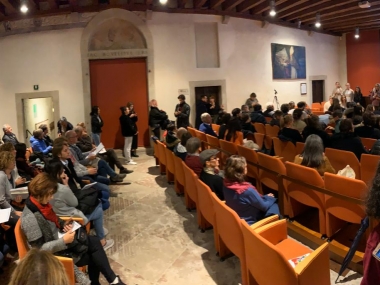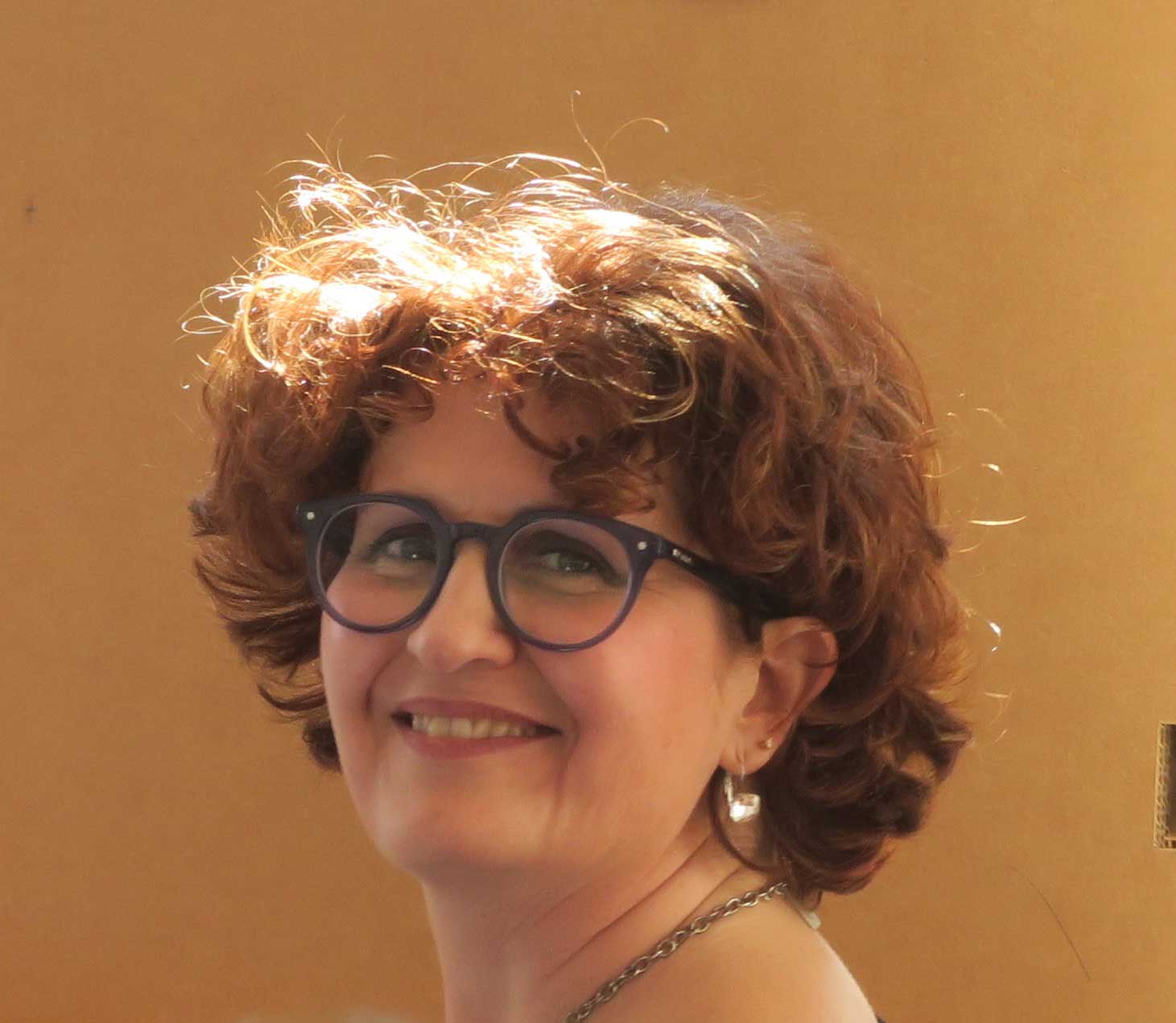A-CHANGE, the Festival of Good Practices: RU:RBAN was there
Edited on
17 December 2019The Vivere in…Onlus Association, that manages the urban garden Park Ort9-Sergio Albani in Rome, participated in the A-Change - Festival of Good Practices which took place in Feltre on 22-23-24 November 2019. The Festival counted on the sponsorship and collaboration of the Municipality of Feltre and, above all, on the collaboration of the population.

It was the first exchange of good practices and experiences at national level organized with a bottom-up approach: in fact, representatives of the 36 Associations participating in the event slept in the homes of private citizens and ate in pubs and family-run restaurants, favouring real and direct exchange of experiences not only among themselves but with the citizenship and local institutions.
Very interesting were the two morning lectio magistralis : Prof. Carlo Borzaga, Economics Policies at the University of Trento and President of the European Research Institute on Cooperative and Social Enterprise (Euricse) spoke about "Discovering the community: the role of cooperation ", while Prof Ugo Morelli, psychologist and professor of Work and Organizational Psychology at the University of Bergamo, as well as director of the Master World Natural Heritage Management, spoke of "Joint action: Dialogue and value of differences in communities ". In parallel to the main morning sessions, the associations and the children of the local schools participated in several different workshops: drawing, wood carving, poetry, measuring ecological footprint, yoga, etc.
The afternoons were dedicated to the presentation of the best practices. Each association was given 20 minutes to illustrate their experiences, difficulties, challenges and solutions adopted in each case. In the evening they were given the opportunity to present a book, a video or a story-telling about their good practice. The Vivere in…Onlus Association presented RU:RBAN focusing mainly on two points: its potential in terms of contribution to the sustainable development of urban areas thanks to the transferring of Rome’s good practice on the Regulation for the Management of Urban Gardens, and the role of the Urbact Local Group in highlighting existing issues related to urban agriculture and social integration, while contributing to identifying possible solutions. Two aspects had significant impact on participants: the urban garden as an urban planning tool for the redevelopment of decayed and abandoned areas, and the urban garden as a container of social, environmental, cultural and community services. “We like to think of the urban garden as an antidote to isolation and individualism”, the words of Mr Fabio Ecca, representative of the Vivere in…Onlus Association.
 Submitted by Patricia Hernandez on
Submitted by Patricia Hernandez on
